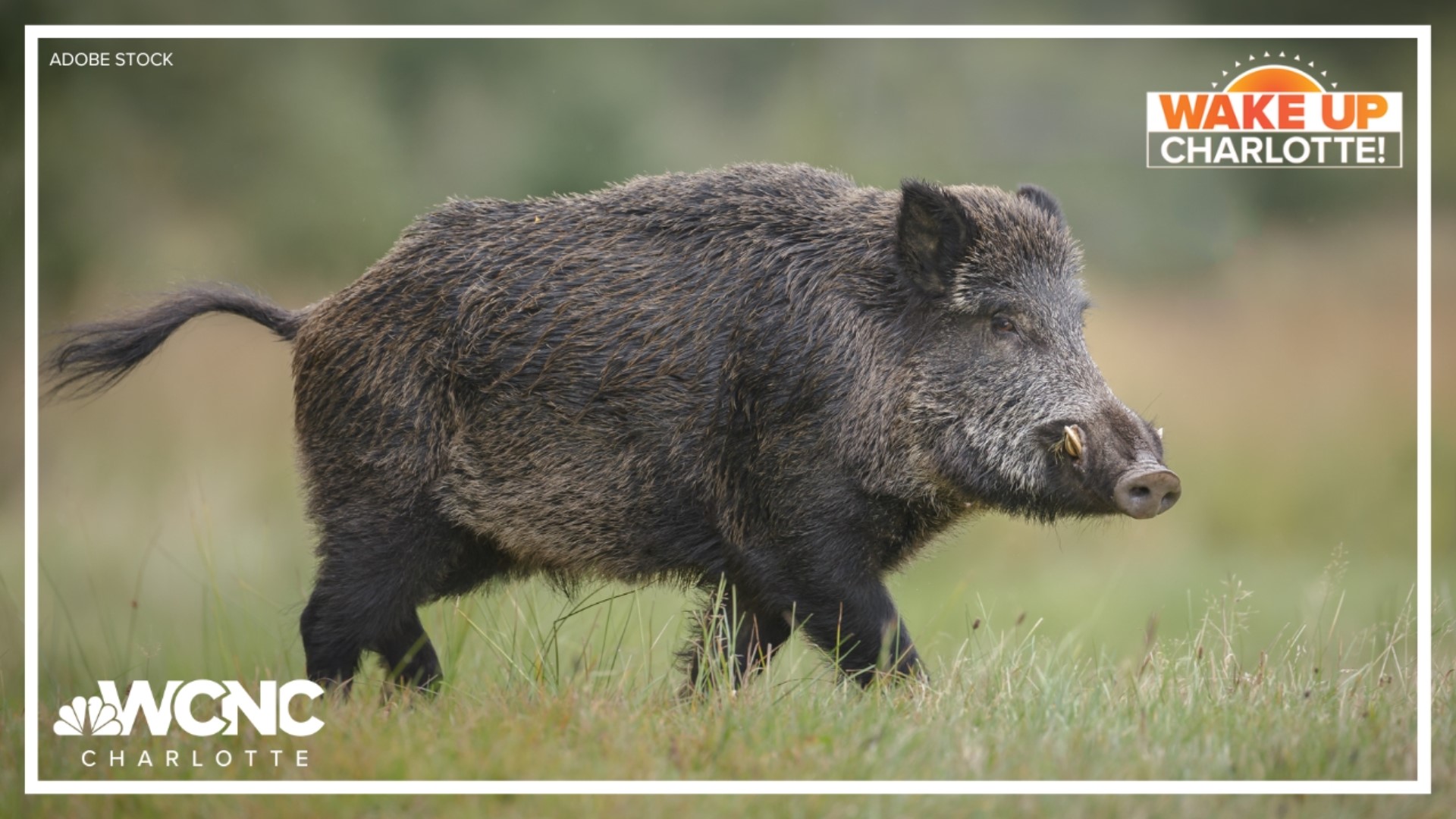NORFOLK, Va. — They’re as big as 400 pounds, fast as a car, sharp-toothed, hairy and aggressive.
Feral hogs, wild boars or razorbacks; whatever you call them, these wild swine are one of the most destructive species in America. They’re spreading across the country, including right here in Virginia and North Carolina.
Several things make them a terror, especially for farmers. They’re smart, so surviving in the wild is no problem, and, other than humans, they have no known predators.
Feral hogs are also prolific breeders. Their ability to reproduce rapidly has led to a significant population surge.
In 1982, they only showed up in about 20 states.
Fast forward to the most recent data in 2022, and they’ve expanded north and west into 36 states.
Right now, they can be found in 20% of Virginia counties and 85% of North Carolina’s, according to the U.S. Department of Agriculture.
In Virginia Beach, they’ve torn through sensitive wildlife areas, threatening rare plants at Back Bay National Wildlife Refuge. Every year, the U.S.D.A reports that wild hogs cause around $2.5 billion in damages by decimating farmland and spreading diseases along the way.
To make matters worse, hunting does little to contain the population. Controlled traps have been somewhat effective at keeping feral hogs in check, and there has also been extensive research into developing a legal poison, though nothing has been approved yet in the U.S.
According to the Virginia Department of Wildlife Resources, feral hogs don't migrate, either.
That means someone or something is helping them spread.
Wildlife officials with the DWR believe humans may have transported the swine across state lines in the past for hunting purposes.

